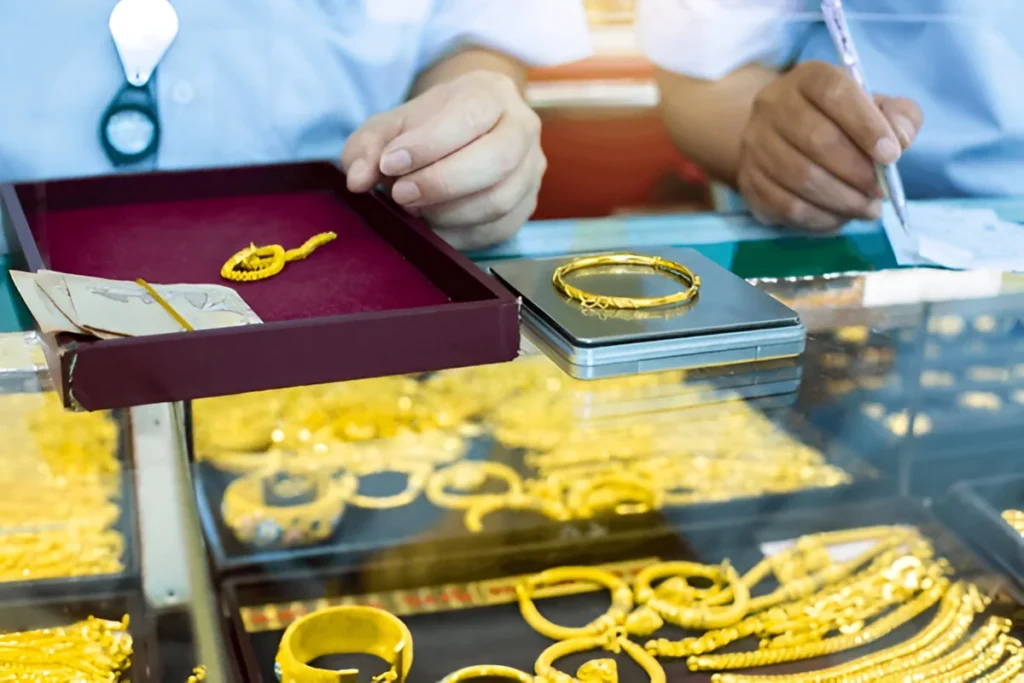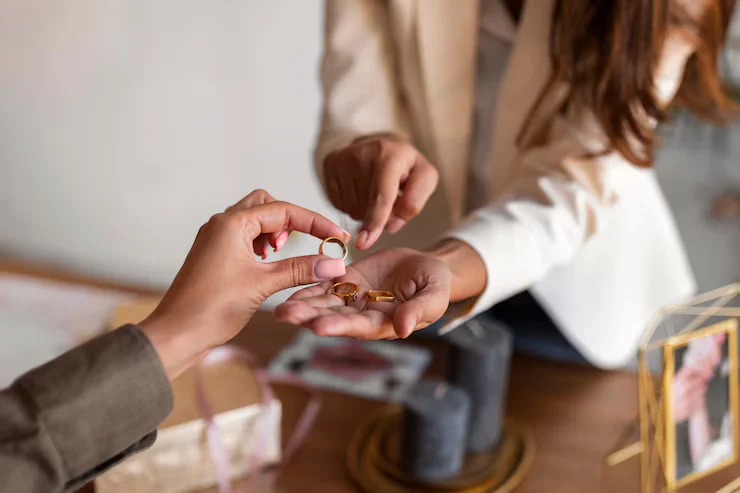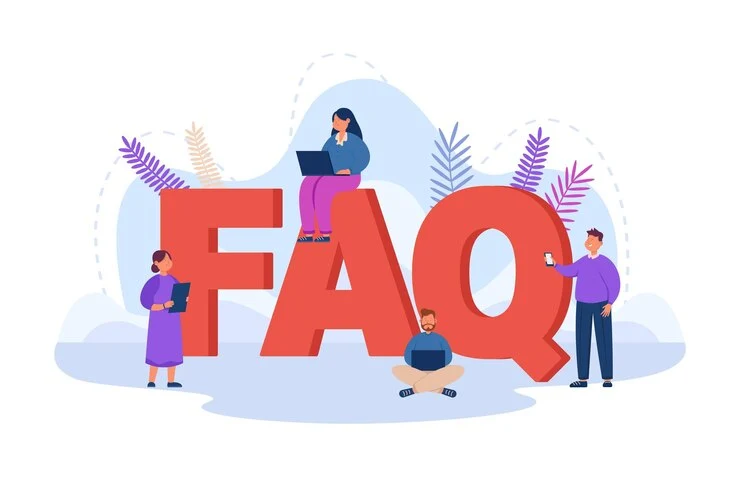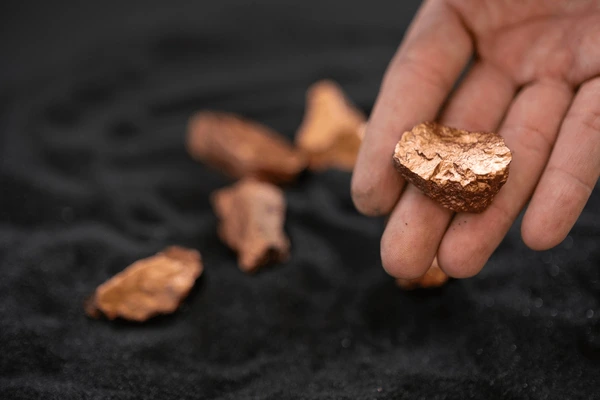Sayanava Sinha Roy
23.06.2025
How to Avoid Fraud When Selling Gold for Cash
Avoid fraud when selling gold by understanding purity checks, valuation traps, and safe buyer practices. Learn from experts in the gold industry and protect your assets smartly.
Selling gold for instant cash may seem straightforward, but it’s a process where caution is essential. Whether you’ve inherited old ornaments, need emergency funds, or simply want to cash out on rising prices, the market is filled with both genuine and deceptive players. And while gold is timeless, frauds in gold transactions are very much a modern-day concern.
Table of Contents
To help you make informed decisions, this guide outlines how to avoid fraud when selling gold, the techniques unethical buyers use, and how professionals ensure transparency.
Understanding the Risks: Why Fraud Is Common in Gold Transactions
Gold is one of the most liquid and high-value assets individuals hold. Unlike other financial instruments, it’s easy to convert and harder to trace once sold. This makes it a hotspot for fraudsters who:
- Use rigged weighing scales.
- Quote below-market rates.
- Omit making purity or hallmark checks.
- Take advantage of uninformed sellers.
What’s worse—some frauds aren’t illegal, just unethical. This is why knowledge and vigilance are your best protections.

Essential Steps to Avoid Fraud When Selling Gold
You don’t need to be an expert in metallurgy to protect your gold’s value. A few well-informed decisions can go a long way in ensuring you receive fair compensation.
1. Verify the Purity of Your Gold Yourself
Before stepping into any buyer’s office, be sure of what you’re holding. Check for:
- BIS Hallmark: Indicates certified purity. Look for the BIS logo, carat value (22K, 18K), and a unique identification number.
- Magnet Test: Gold is non-magnetic. If your item sticks to a magnet, it’s likely mixed or fake.
- Digital Weighing Scale: Use a home scale for an estimate.
Tip: Some reputed gold buyers even offer free XRF (X-ray fluorescence) testing on the spot. Opt for those who provide transparent purity checks before making a quote.
2. Know the Current Gold Rate
Always check the daily gold rate before visiting a buyer. Many websites, financial apps, and news channels provide live updates.
- Ensure the rate quoted is close to the market value.
- 22K and 24K rates differ; know your carat.
- Be wary of buyers who hesitate to explain rate breakdowns.
This step alone can help you avoid a major pricing scam.
3. Insist on Transparent Valuation and Testing
Buyers should:
- Weigh the gold in your presence.
- Show purity test results in real time.
- Provide a detailed quotation with gold rate, weight, purity, and deductions.
If any part of the process is hidden, vague, or done behind closed doors, walk away.
4. Avoid Buyers Who Demand ID Before Valuation
A growing trick is to ask for identification before providing a gold valuation, creating psychological pressure to sell.
A genuine buyer will:
- First evaluate the gold and offer a price.
- Then request KYC documents only if you agree to proceed with the sale.
This ensures you maintain control and avoid manipulation.
5. Always Request a Final Invoice
An invoice acts as:
- A legal proof of transaction.
- A record of weight, carat, and payment made.
- Protection in case of dispute.
If a buyer refuses to provide one, even after completing the transaction, it’s a red flag. Legitimate businesses follow documentation protocols.
6. Beware of Gold Exchange Traps
Some sellers lure customers with “exchange offers” like:
- Extra 10% on exchange.
- Free gifts or loyalty points.
- Waived charges with conditions.
Often, these lead to selling your gold at lower-than-market prices, with costs hidden under inflated new gold pricing. Always calculate the real value being offered.

Common Tactics to Avoid Fraud When Selling Gold
Here’s a concise list of tricks that shady buyers may use:
- Undervaluing non-hallmarked gold (despite high purity).
- Switching ornaments while testing.
- Adding deductions (for melting, impurity) after valuation.
- Fake promises of higher prices over phone/in ads.
- Pressuring you with “limited-time” quotes.
Recognizing these tactics can help you remain calm and avoid fraud when selling gold, especially under urgent circumstances.
What to Look for in a Trustworthy Gold Buyer
A professional gold buyer or refinery should reflect transparency, technical accuracy, and customer-first ethics. Look for:
- In-house gold assaying and refining facilities.
- Open testing and real-time reporting.
- Digital and certified scales.
- Prompt and instant payment (bank transfer, UPI, or cash).
- Valid trade licenses and GST registration.
One such example in the eastern region of India is Rahul Refiners and Analyzer, known for authenticity, ethical practices, and BIS-compliant testing—but always conduct your own research before choosing.
Benefits of Selling Gold the Right Way
- Maximized returns: No hidden costs or cuts.
- Legal security: Proper documentation protects your interests.
- Peace of mind: Transparency ensures no lingering doubts.
- Safe transactions: Avoid criminal or black-market risks.
Ultimately, an informed sale is an empowered one.

Frequently Asked Questions (FAQs)
Q1: Can I sell gold without a bill?
Yes, but the buyer will assess purity and weight. You may also need to show a valid ID.
Q2: What documents do I need to sell gold in India?
A valid photo ID (Aadhaar, PAN, Voter ID) and address proof are usually enough.
Q3: Is it better to sell gold to a jewellery shop or a gold buyer?
Specialized gold buyers often offer better transparency, quicker testing, and instant payment compared to traditional jewellery shops.
Q4: Can I get cash immediately after selling my gold?
Yes, most buyers provide instant cash or digital transfer post verification. However, large amounts may be transferred electronically due to regulatory limits.
Q5: How often does the gold price change?
Gold prices are updated daily based on global market rates and currency fluctuations.
Sell Gold with Confidence—Not Regret
Selling gold for cash isn’t just about liquidating an asset—it’s about doing it safely, smartly, and confidently. With high-value transactions, the margin for error is small, and the scope for fraud is big.
So, whether you’re selling inherited heirlooms or modern jewellery, make sure to:
- Check the purity
- Know the gold rate
- Demand transparency
- Choose reliable buyers
- Request invoices
The best gold experiences are the honest ones—built on transparency, fair valuation, and ethical practices that prioritize customer trust in every step of the transaction.
Popular Post



